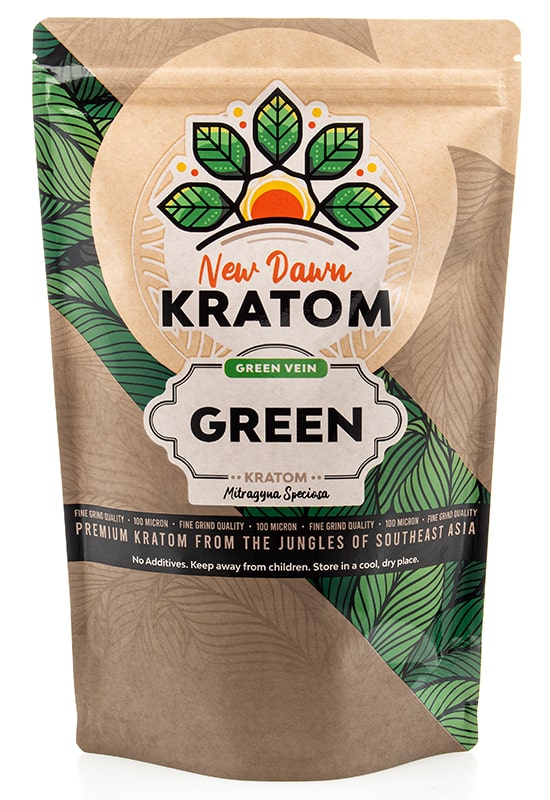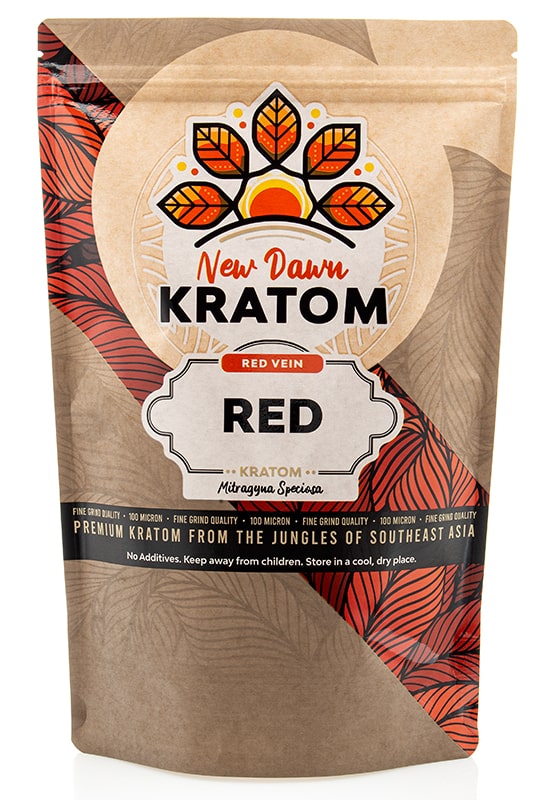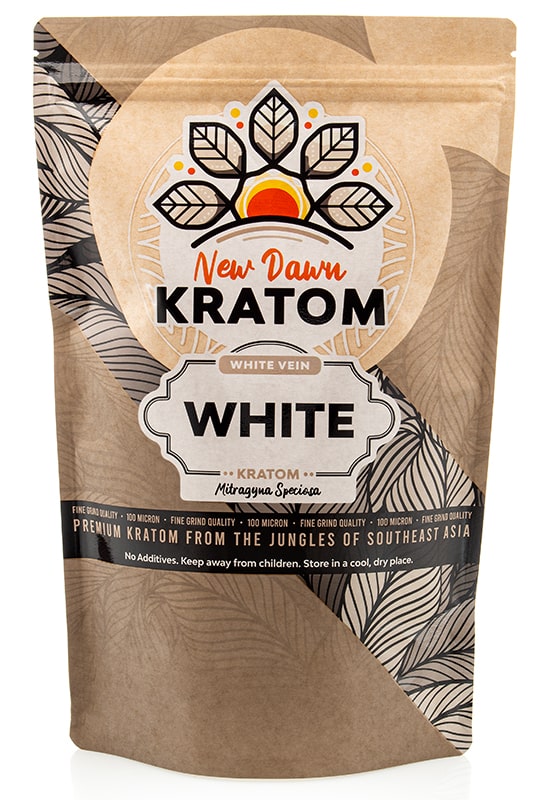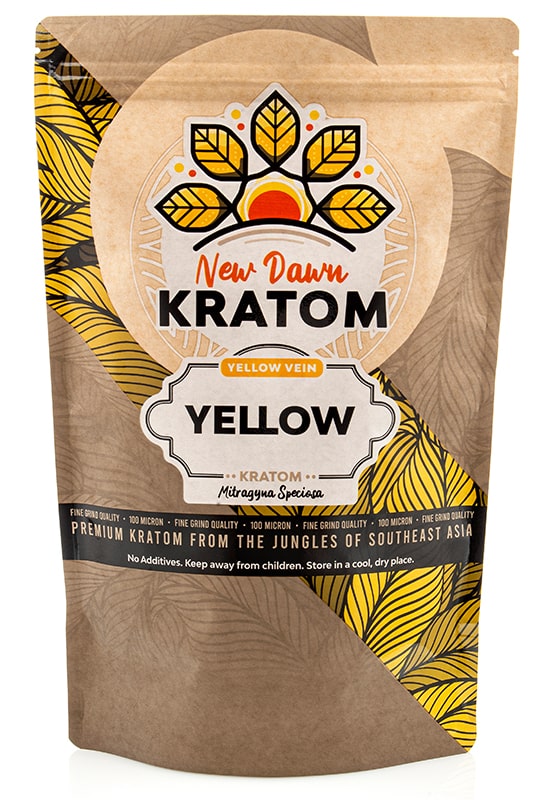Massachusetts has always been a famous U.S. state because of its cultural heritage and breathtaking architecture. Of course, like any other state, it also has to deal with debates and legislation concerns about kratom.
Massachusetts has experienced proposals to both make kratom illegal and to regulate it in the past. In this guide, we’ll explore this history and whether there have been changes that could alter kratom access soon.
Kratom’s Current Legal Status in Massachusetts
Currently, there are no in-place restrictions regarding kratom in Massachusetts, but House Bill 3762 is already in the house. House Bill 3762 aims to regulate kratom sales and consumption, ensuring consumer safety and product quality. Moreover, House Bill 3762 seeks to prohibit selling contaminated kratom, set age restrictions, and require clear labeling on all kratom products.
Kratom’s Legal History in Massachusetts
Let’s take a step back in time as we talk about the complete turnaround of kratom’s legality in Massachusetts, looking back at several attempts to regulate or criminalize the use and sale of kratom in the Bay State.
House Bill 3762: Attempting to Regulate Kratom in Massachusetts (2023-2024)
During the 2023-2024 legislative session, Massachusetts introduced House Bill 3762, which aims to regulate the selling and distribution of kratom in the Bay State. The bill’s proposals mainly aim to protect consumers, promote kratom safety, and maintain product quality.
As of February 5, 2024, the bill’s reporting date was extended to April 30, 2024, and the following are the highlights worth knowing:
- Scope: Introduces kratom regulations for its preparation, sale, and distribution
- Key Regulations: Prohibits contaminated and adulterated kratom, sets limits on certain chemicals, mandates clear labeling, and restricts sales to individuals over 21.
- Penalties: Fines ranging from $500 to $5,000 for violations, depending on the nature of the offense and recurrence.
- Effective Date: Take effect 180 days after passage.
House Bill 3762’s main goal is to establish proper kratom regulations that would protect and focus on consumer safety. This is entirely different from House Bill 526, which was proposed in 2011 and aimed to list kratom as a Schedule I Controlled Substance. With House Bill 3762, the intentions and advocates are clear—defining and establishing guidelines that would regulate the preparation, distribution, and sale of kratom products.
The key aspects of this bill include banning contaminated kratom products, limiting certain chemical concentrations, and requiring vendors to clearly label all products. Including usage directions and selling kratom only to individuals aged 21 and above are also essential parts of the House Bill.
As mentioned above, the reporting date of House Bill 3762 was extended until April 30, 2024, which indicates that conversations about kratom in Massachusetts are ongoing. More importantly, Massachusetts focusing on regulation instead of simply prohibiting kratom means that it is acknowledging the importance of kratom. The House Bill 3762 represents a more balanced and informed approach to managing kratom, focusing on consumer protection while also emphasizing public health and safety.
House Bill 526: Attempting to Make Kratom Illegal in Massachusetts (2011)
Back in 2011, there was a failed attempt to ban kratom in Massachusetts through House Bill 526, proposed by Mr. Daniel K. Webster of Pembroke. This bill aimed to list kratom as a controlled substance within the Commonwealth of Massachusetts, amending Section 31 of Chapter 94C of the General Laws.
Fortunately, despite these efforts, House Bill 526 did not pass, so the legal status of kratom remained unchanged. This failed attempt shows how complex kratom’s legality is and that other factors involved should be considered for everyone’s benefit. With this, discussions continue to establish Massachusetts’s best kratom regulation framework.
Federal Attempt to Make Kratom Illegal
The DEA also tried to ban kratom when it made a federal attempt to ban it back in 2016. The organization aimed to classify kratom as a Schedule I Controlled Substance, but this sparked significant public and legislative pushback. If the federal ban had been enacted, it would have prohibited kratom in both Massachusetts and nationwide, affecting users, enthusiasts, and research prospects.
Fortunately, when it asked for public opinion and comment, the DEA had to reconsider where kratom advocates and proponents let their voices be heard.
Kratom Consumer Protection Act: The Details
The Kratom Consumer Protection Act is a legislative approach to regulate kratom, focusing on consumer safety instead of banning kratom products. There are currently 11 U.S. states that have formulated and enacted their versions of this act, namely:
- Arizona
- Georgia
- Nevada
- Utah
- Oregon
- Oklahoma
- Colorado
- Ohio
- Florida
- Missouri
- Illinois.
Essential aspects of the Kratom Consumer Protection Act include setting age restrictions for buyers, placing clear labeling on all kratom products, banning contaminated and impure kratom, limiting alkaloid concentration, and sometimes requiring licenses for sellers and online vendors.
There is a proposed Federal Kratom Consumer Protection Act established in 2023-2024, which may influence states without versions of their own Kratom Protection Act to adopt it as the status quo. However, the fate of the Federal Kratom Consumer Protection Act is within Congress, and its results or progression to the later states is still yet to be seen.
Kratom Advocacy & Lobbying in Massachusetts
The American Kratom Association, or AKA, is the leading organization that plays a significant role in advocating kratom and pushing for its sale and consumption both at the national and state levels, including in Massachusetts. This organization prioritizes protecting the freedom of kratom enthusiasts to purchase the products they desire. Alongside this, the AKA also aims to safeguard legal kratom access, promote regulatory measures, and ensure the purity and authenticity of kratom products to promote consumer safety.
In Massachusetts, the AKA also plays a significant role in impacting government decisions about kratom. Such activities that involve the AKA include providing proper education to legislators about kratom’s potential benefits, supporting scientific research explaining kratom’s potential benefits, and arguing against legislation that restricts access to kratom without justification.
Additionally, the AKA advocates for the Kratom Consumer Protection Act. They are all for pushing the adoption of these regulations to protect consumers from contaminated and mislabeled kratom products as well as underage and underinformed users.
States that Have Made Kratom Illegal
| State | Year of Ban | Details |
|---|---|---|
| Alabama | 2016 | Kratom is classified as a Schedule I controlled substance. |
| Arkansas | 2016 | Classified as a controlled substance, making possession illegal. |
| Indiana | 2014 | Kratom's active compounds are listed as controlled substances. |
| Rhode Island | 2017 | Ban include kratom derivatives and synthetic substances. |
| Vermont | 2016 | Active alkaloids of kratom are defined as regulated substances. |
| Wisconsin | 2014 | Primary alkaloids in kratom are classified as Schedule I substances. |
Despite kratom being legal in many states and even the passing of the Kratom Consumer Protection Act (KCPA) promoting regulation, a variety of counties and cities within these legal states have made kratom illegal. This reflects the diversity of kratom regulation at the city, county, state, and federal levels, emphasizing the importance of consulting reliable resources to understand the legal status of kratom in your specific area and staying updated with the latest debates and conversations.
The Fate of Kratom in Massachusetts
The current legislative trends in Massachusetts, particularly with proposals like House Bill 3762 focusing on regulation, suggest a lower likelihood of kratom prohibition. The state’s approach seems to mirror a broader movement toward adopting consumer protection for kratom rather than prohibiting it.
More importantly, kratom’s future legal status can be easily swayed by factors like federal decisions, shifts in public opinion, and the advent of new research. With Massachusetts’ immediate trajectory favoring regulation over prohibition, the likelihood of kratom becoming illegal in Massachusetts is relatively low at the moment but not impossible.









